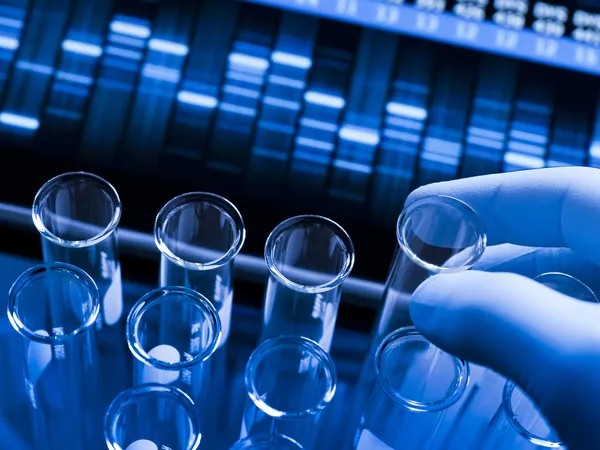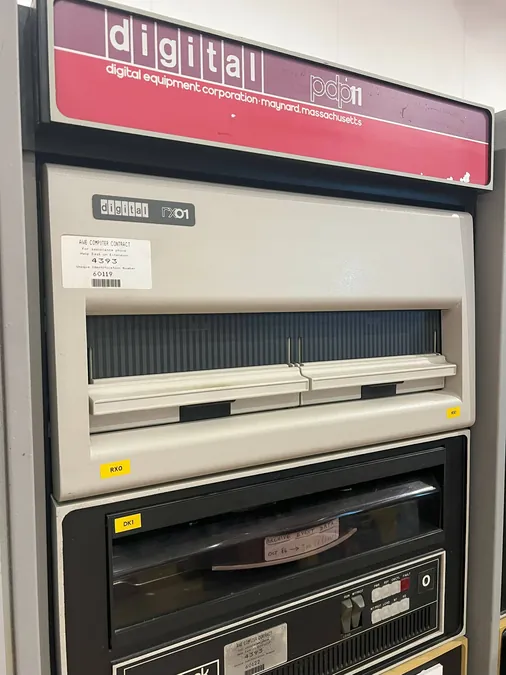
Revolutionary DNA Sequencing Technology Transforms Infection Diagnosis in UK Hospitals!
2025-03-10
Author: John Tan
Why This Matters for Patients and Healthcare Providers
Traditionally, diagnosing bacterial infections has been a painstaking process, often taking several days—or even weeks—to pinpoint the specific bacteria responsible for a patient’s illness. This slow pace can lead to critical delays in initiating appropriate treatment, which is alarmingly detrimental to patient health.
Thanks to this innovative DNA sequencing technology, the game has changed completely. Results that would once have taken up to seven days (and in some cases, a staggering eight weeks) can now be delivered in just two days! This rapid turnaround is a monumental advancement for healthcare providers and can lead to quicker recovery times, fewer complications, and a diminished risk of spreading infections to others.
Breaking Down the Science: How DNA Sequencing Works
Since its launch in September 2024, over 2,000 patient samples have been analyzed using this cutting-edge technology in renowned London hospitals, including the Royal London, Whipps Cross, Newham, and St Bartholomew’s. This extensive pilot program is the first of its kind to implement DNA sequencing widely for clinical infection diagnosis across the UK.
By analyzing the genetic material of the bacteria responsible for infections, this method not only identifies the pathogen but also reveals which antibiotics would be most effective for treatment. This precision ensures that patients can receive targeted therapies sooner, leading to better recovery outcomes and significantly reducing the risk of developing complications like sepsis—an infection that can rapidly become life-threatening if not treated promptly.
Tackling the Superbug Crisis
Beyond improving individual patient outcomes, this transformative system is also a powerful weapon in the battle against the escalating global crisis of antimicrobial resistance. With the rise of antibiotic-resistant "superbugs," healthcare systems worldwide face unprecedented challenges. The new DNA sequencing technology is instrumental in swiftly identifying resistant bacteria, thus preventing the unnecessary overuse of antibiotics and curbing the spread of these dangerous pathogens within hospital walls.
For instance, in November 2024, a pilot study utilized the technology to investigate a drug-resistant E. coli outbreak at Newham Hospital that affected 58 patients. The sequencing technology was pivotal in tracking how the resistance spread, enabling healthcare providers to take immediate and effective action to stop further transmission.
A Future of Reliable Diagnoses
The MHRA is on the forefront of this initiative, actively working on developing standardized approaches to ensure the widespread adoption of the sequencing technology across the NHS. By creating internationally recognized reference materials for DNA sequencing, the MHRA is setting the stage for hospitals to rely on accurate diagnoses that can significantly enhance patient care.
In summary, the introduction of this innovative DNA sequencing technology marks a revolutionary step forward in infection diagnosis—one that not only promises to save lives today but also helps safeguard tomorrow against the looming threat of antibiotic resistance. This is the future of healthcare, and it’s happening now!


 Brasil (PT)
Brasil (PT)
 Canada (EN)
Canada (EN)
 Chile (ES)
Chile (ES)
 Česko (CS)
Česko (CS)
 대한민국 (KO)
대한민국 (KO)
 España (ES)
España (ES)
 France (FR)
France (FR)
 Hong Kong (EN)
Hong Kong (EN)
 Italia (IT)
Italia (IT)
 日本 (JA)
日本 (JA)
 Magyarország (HU)
Magyarország (HU)
 Norge (NO)
Norge (NO)
 Polska (PL)
Polska (PL)
 Schweiz (DE)
Schweiz (DE)
 Singapore (EN)
Singapore (EN)
 Sverige (SV)
Sverige (SV)
 Suomi (FI)
Suomi (FI)
 Türkiye (TR)
Türkiye (TR)
 الإمارات العربية المتحدة (AR)
الإمارات العربية المتحدة (AR)